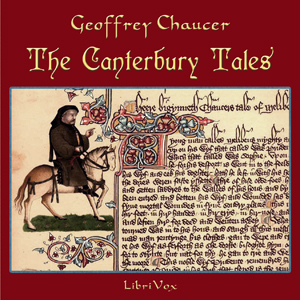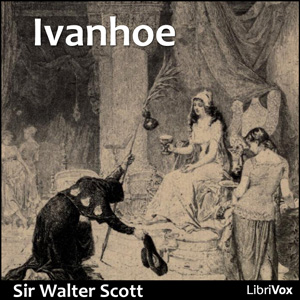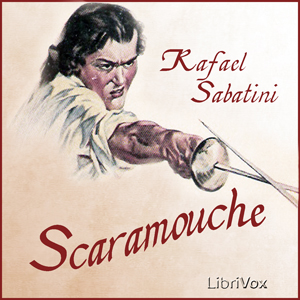- Foreshadowed Events
- Absent From Duty
- A Night Encounter
- The Sign Of The Bar Shoe
- A Grave Discovery
- First Sight Of The Foe
- Blood Will Tell
- More Strange Discoveries
- Bad News From The Front
- "I'll never go back"
- A Fight With A Fury
- The Ordeal By Fire
- Wounded--Body And Soul
- A Vanished Heroine
- A Woman's Plot
- Night Prowling At Frayne
- A Rifled Desk
- Burglary At Blake's
- A Slap For The Major
- The Sioux Surrounded
- Thanksgiving At Frayne
- Behind The Bars
- A Soldier Entangled
- The Death Song Of The Sioux
- L'envoi - Epilogue
Charles King was a United States soldier and a distinguished writer. He was the son of Civil War general Rufus King and great grandson of Rufus King, one of the signers of the Declaration of Independence. He graduated from West point in 1866 and served in the Army during the Indian Wars under George Crook. He was wounded in the arm forcing his retirement from the regular army. During this time he became acquainted with Buffalo Bill Cody. King would later write scripts for several of Cody's silent films.
King's writings, relating to American Indians, cover a complex range of opinion within his novels. His sympathy for their cause of defending their homelands, and being forced to adopt a new lifestyle, did not stop him from graphically portraying them as savage and barbaric peoples. However, King also used his writings to harshly criticize U.S. government policies that resulted in Indian treaties not being honored and that permitted rampant corruption among government-appointed reservation agents. As a lieutenant in the 5th Cavalry, King was a participant on the American western frontier, who personally fought in battles with Southwestern and Plains Indians and observed government policies first hand. Charles King is credited today with helping to establish the "Western novel" as a romantic and dramatic genre of American literature, based upon a sturdy foundation of historical realism. (Summary compiled from Wikipedia and THE LIFE OF CHARLES KING by Nathan Bender, Housel Curator, McCracken Research Library within The Buffalo Bill Historical Center.)
King's writings, relating to American Indians, cover a complex range of opinion within his novels. His sympathy for their cause of defending their homelands, and being forced to adopt a new lifestyle, did not stop him from graphically portraying them as savage and barbaric peoples. However, King also used his writings to harshly criticize U.S. government policies that resulted in Indian treaties not being honored and that permitted rampant corruption among government-appointed reservation agents. As a lieutenant in the 5th Cavalry, King was a participant on the American western frontier, who personally fought in battles with Southwestern and Plains Indians and observed government policies first hand. Charles King is credited today with helping to establish the "Western novel" as a romantic and dramatic genre of American literature, based upon a sturdy foundation of historical realism. (Summary compiled from Wikipedia and THE LIFE OF CHARLES KING by Nathan Bender, Housel Curator, McCracken Research Library within The Buffalo Bill Historical Center.)
There are no reviews for this eBook.
There are no comments for this eBook.
You must log in to post a comment.
Log in











